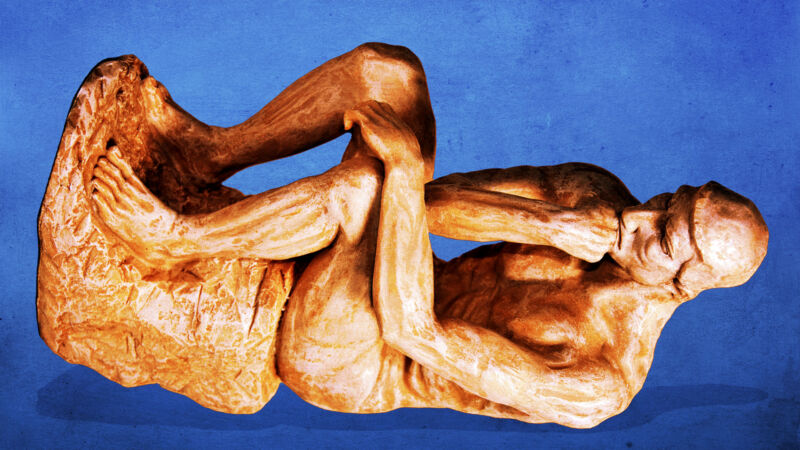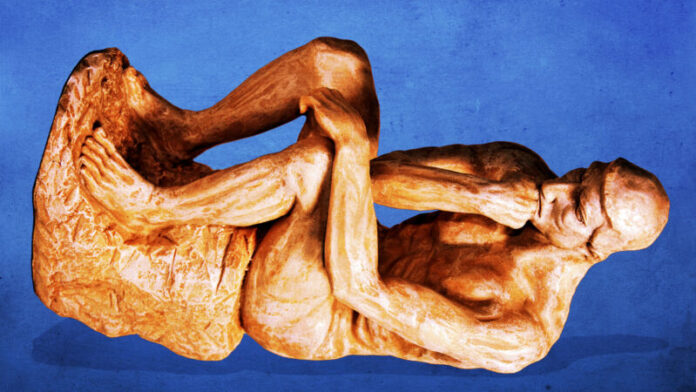
Enlarge / The Ig Nobel Prizes honor "achievements that first make people laugh and then make them think." (credit: Aurich Lawson / Getty Images)
Curiosity is the driving force behind all science, which may explain why so many scientists sometimes find themselves going in some decidedly eccentric research directions. Did you hear about the WWII plan to train pigeons as missile guidance systems? How about experiments on the swimming ability of a dead rainbow trout or that time biologists tried to startle cows by popping paper bags by their heads? These and other unusual research endeavors were honored tonight in a virtual ceremony to announce the 2024 recipients of the annual Ig Nobel Prizes. Yes, it's that time of year again, when the serious and the silly converge—for science.
Established in 1991, the Ig Nobels are a good-natured parody of the Nobel Prizes; they honor "achievements that first make people laugh and then make them think." The unapologetically campy awards ceremony features miniature operas, scientific demos, and the 24/7 lectures whereby experts must explain their work twice: once in 24 seconds and the second in just seven words. Acceptance speeches are limited to 60 seconds. And as the motto implies, the research being honored might seem ridiculous at first glance, but that doesn't mean it's devoid of scientific merit.
Viewers can tune in for the usual 24/7 lectures, as well as the premiere of a "non-opera" featuring various songs about water, in keeping with the evening's theme. In the weeks following the ceremony, the winners will also give free public talks, which will be posted on the Improbable Research website.
Read 37 remaining paragraphs | Comments
Ars Technica - All contentContinue reading/original-link]




